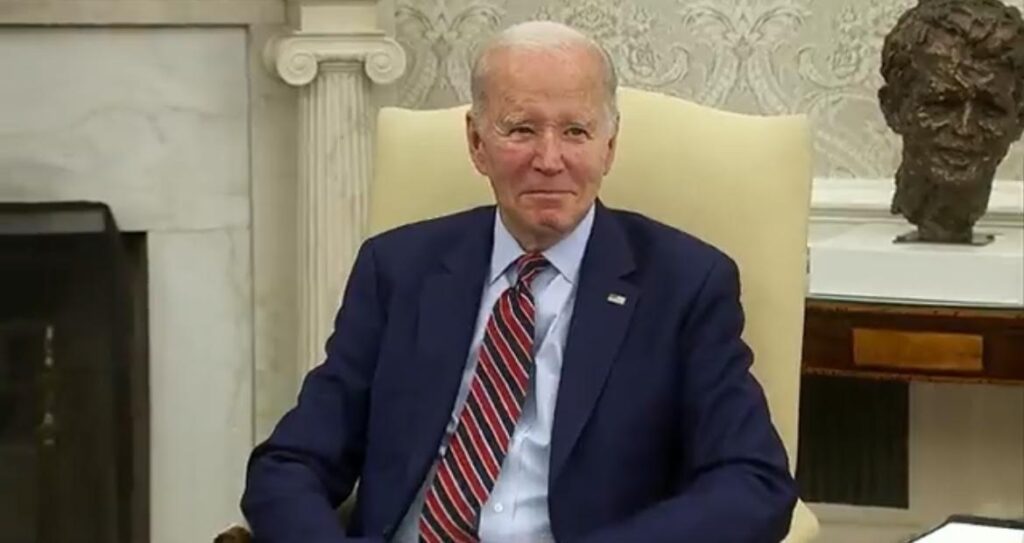In a significant move just before the end of his term, President Joe Biden has announced one of the largest acts of clemency in modern American history, commuting the sentences of approximately 1,500 individuals who were released to home confinement during the COVID-19 pandemic. Additionally, he granted pardons to 39 individuals convicted of non-violent crimes. This decision has sparked discussions about the treatment and rehabilitation of non-violent offenders in the United States, particularly concerning drug-related charges. Biden emphasized the importance of providing second chances and the need for reforms in sentencing that would reflect contemporary legal standards.
Biden justified these actions by aligning them with America’s historical values of forgiveness and redemption. He reiterated that the foundation of American society is built on the belief in possibilities and the promise of second chances. By extending mercy to those he believes have expressed remorse and shown rehabilitation, he aims to reintegrate these individuals into society and enable them to contribute positively to their communities. His statement highlighted a desire to rectify what he sees as past injustices in sentencing, particularly the disproportionality faced by non-violent offenders.
These clemency actions come in the context of Biden’s ongoing efforts to address systemic issues within the criminal justice system. He contended that many of those whose sentences are being commuted would be subject to significantly lighter sentences if charged today. This perspective reflects a broader movement toward criminal justice reform that seeks to alleviate the harsh realities faced by offenders serving lengthy sentences for non-violent crimes, particularly related to drug use and possession. The president expressed hope that by commuting these sentences, he could foster a more equitable system replete with opportunities for formerly incarcerated individuals.
Additionally, the timing of Biden’s announcement has raised questions, especially following the recent pardon of his son, Hunter Biden. Critics have suggested that there is an element of nepotism or favoritism involved, particularly given the implications of Hunter’s legal challenges related to federal gun and tax offenses. The pardon granted to Hunter has been viewed by some as reflective of political maneuvering rather than genuine justice reform, adding a layer of controversy to Biden’s clemency actions. The nature of Hunter’s offenses, which purportedly extend to a range of serious allegations, including involvement in foreign business dealings, further complicates the narrative surrounding this clemency spree.
While Biden’s pardons and commutations are framed within a narrative of rehabilitation and second chances, they also highlight the ongoing debate about the integrity of the clemency process and the potential for political bias. Advocates for criminal justice reform have welcomed the efforts to address non-violent offenses, while critics express concern about the transparency and fairness of such decisions, particularly when they appear to disproportionately benefit individuals connected to the political elite. These developments underline the complexities inherent in the pursuit of justice reform and the challenges faced in achieving a system that is both fair and effective.
As Biden prepares to leave office, he has indicated a commitment to continue advocating for reforms in the months ahead. His administration’s stance on clemency and criminal justice reform will likely be one of the defining aspects of his presidency and may shape discussions in future political landscapes. Ultimately, the balance between extending mercy and ensuring accountability remains a contentious issue, echoing broader societal debates about justice, equity, and the opportunities afforded to individuals returning from incarceration. The future implications of these clemency actions will be watched closely as policymakers and advocacy groups continue to navigate the complex terrain of criminal justice reform in America.

